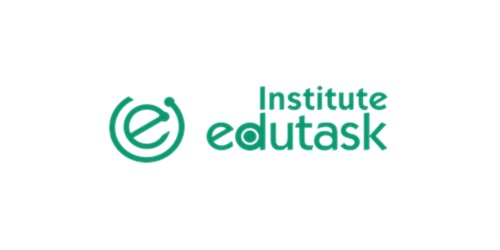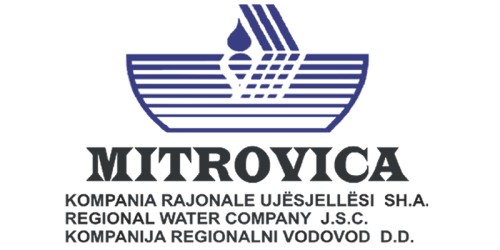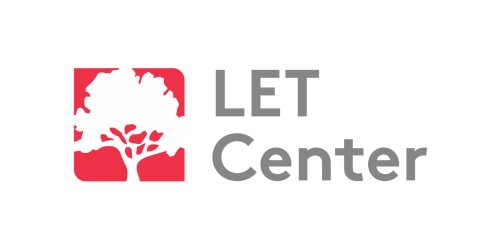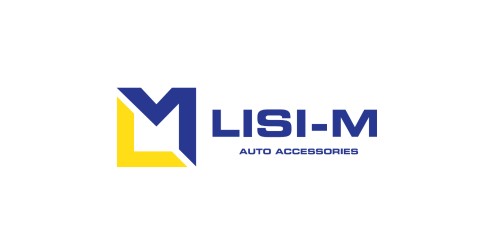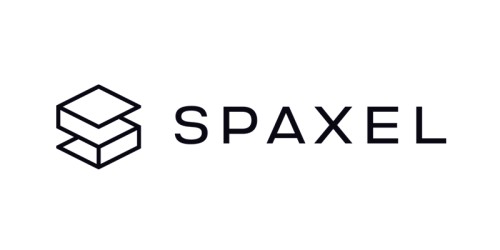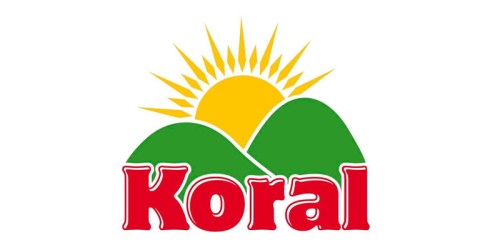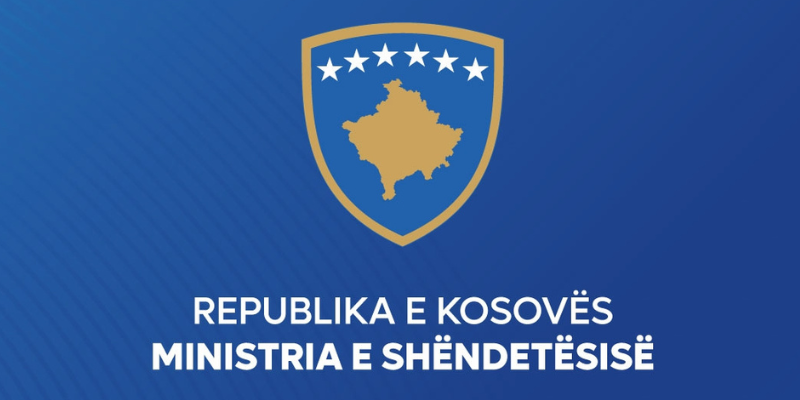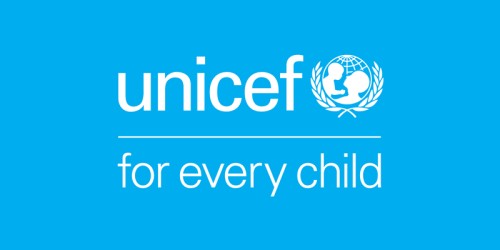
Consultant to strengthen UNICEF’s capacities for gender transformative programming in the sub-region, Albania, Kosovo1244, North Macedonia, 11 months, working from home
Job no: 556552
Contract type: Consultant
Duty Station: Pristina
Level: Consultancy
Location: Albania, North Macedonia, Kosovo
Categories: Gender Development
Title: “Consultancy to strengthen UNICEF’s capacities for gender transformative programming in the sub-region"
(Open to nationals of Albania, Kosovo and N. Macedonia)
UNICEF works in some of the world’s toughest places, to reach the world’s most disadvantaged children. To save their lives. To defend their rights. To help them fulfill their potential.
Across 190 countries and territories, we work for every child, everywhere, every day, to build a better world for everyone.
And we never give up.
For every child, empowerment
In 2021, Albania greatly improved its implementation status of the GAP Institutional Standards. A Gender Review undertaken for the Country Programme for both Integrated and Targeted Results (gender socialization and child marriage) have been clearly defined and gender-tagged RAM indicators were used. For programmatic aspects, areas identified for additional emphasis include: gender disaggregated data, focus on girls from Rural/Roma/Egyptian communities and their impact on learning outcomes, GBV and inclusion in the national SDG agenda, evidence generation of positive shifts in social/gender roles and norms and meeting the target for gender expenditure.
The same year, Kosovo successfully achieved the GAP Institutional Standards. The CO’s innovative programmes on girls’ skills development such as UPSHIFT and GenU as well as parenting programmes to address fathers’ engagement in early childhood have high potential for learning and replication in the region. Areas identified for additional emphasis include: harnessing current models to advance gender transformative approaches and continue to address inequalities and structural barriers for the most marginalized communities. Kosovo office also needs to consider how to collect evidence on positive gender norms and roles shift from these initiatives.
Similarly, in 2021 North Macedonia achieved the full GAP Institutional Standards. The recommendations of the GPR are being implemented with the support of RO and they have been translated into an office Gender Action Plan to further strengthen the level of gender transformative interventions in the country programme. Areas for emphasis include, that interventions on gender equality should continue to be reflected in the country office reporting and planning and needs to ensure attention is paid to the gender dimensions of the most marginalized groups such as Roma girls and girls with disabilities, as well as age- and sex disaggregated data collection and evidence generation on social/gender norm change.
How can you make a difference?
Gender equality is at the core of UNICEF’s accountability to children. UNICEF’s Strategic Plan 2022-2025 reaffirms that gender equality is an organizational priority, a fundamental value and a cross-cutting principle for UNICEF’s five Goal Areas, as well as across UNICEF’s programmes and workplaces. Aligned with the Strategic Plan, UNICEF’s Gender Action Plan 2022-25 (GAP) outlines a programmatic and ‘whole-of-institution’ agenda for gender equality and women and girls’ empowerment. The GAP also articulates the gender dimensions of
programmatic results across the five Goal Areas and all contexts, including in development, humanitarian, peacebuilding and high-income contexts. To spark bold and systematic change and hold the organisation accountable to minimum standards for gender equality, UNICEF articulates a series of institutional benchmarks, including benchmarks for staffing. The full GAP can be accessed here: https://bit.ly/3P6L3JZ Building on the social and cultural similarities, benefits of common language and the drive to join the European
Union as well as the increasing emphasis on and relevance of sub-regional initiatives, the three offices of the Western Balkans (Albania, Kosovo and North Macedonia) aim to develop an institutional model that is cost effective and can contribute to an increased organizational capacity on gender transformative programming; while the offices will in parallel enhance the gender responsive and especially transformative programming and monitoring and reporting of such programme results in the sub-region. The three offices have mostly met their GAP institutional standards in the past years, however with the support of the consultancy the aim is to further strengthen in the immediate the capacities and results contributing to the GAP.
Scope of Work:
Under the overall supervision of the Deputy Head of Office Kosovo, the purpose of the assignment is to support the three UNICEF offices (Albania, Kosovo, North Macedonia) at a sub-regional level to strengthen gender integration, -transformative results and -results reporting in targeted areas that are pre-determined by each office, as well as to support cross-office learning and knowledge sharing.
The Consultant will assist the three offices with technical excellence and quality programmatic work on gender equality. This will include the support to and reviewing of concepts, proposals and reporting as well as other key programmatic documentation to ensure a strong gender lens is applied in programme design and M&E frameworks; to guide and build staff and partner capacities in applying organizational guidance and tools that can inform programmatic approaches and enhance gender transformative results. The consultant will promote cross-office exchange and learning in the area of gender between the three offices as well as in articulating and showcasing best practice and innovative examples from the offices. The Consultant will also support the design of a model for a sub regional joint workforce on gender from the technical point of view.
Within the scope of the work, the key expected outputs that are to be achieved by this consultancy include:
(i) Assure quality and support planning, monitoring and reporting (55%)
Review and assure the quality of the effective articulation of gender equality components and related resource requirements and allocations. Review concept notes, proposals and PCAs as well as AMPs, work plans and other as relevant to ensure appropriate articulation and integration of gender equality and equity priorities, expertise and gender budgeting. Support the three offices to ensure that gender-sensitive indicators and performance benchmarks, RAM gender indicators, GEM tagging are being included, routinely monitored, analyzed and utilized at the office level; oversight over gender results reporting, including liaising with outcome leads and output managers in each office to ensure they plan, evaluate and report the gender results including gender inputs for the annual results
reporting in RAM as well as highlighting some of the gender transformative and other gender-related results and successes as part of the end-year reporting 2022. Document good practices on gender programming within the three UNICEF programmes and implementation and lessons learned, including sharing good practices and lessons learned to be showcased in Regional and Global Gender Newsletters, in networks and webinars. Further, support specific programmatic teams /output managers, as identified for each of the three offices in
strengthening their gender transformative programming, through support to articulating shifts in implementation strategies.
[15 November 2022 – 15 October 2023]
(ii) Facilitate programme and office gender reviews, capacity building, and sharing- and partnerships on gender (40%)
Based on an initial analysis/mapping in each of the three offices vis-à-vis the Regional Gender Strategy Annex 1 benchmarks and other as identified, build the capacity of staff and Implementing Partners to strengthen planning, monitoring and reporting through sessions on organizational guidance and tools and their application. Ensure gender is integrated across key strategic- and guidance documents – such as into various check lists and SoPs/results frameworks/reporting/CPD/KPD -MTR-Strategic Reflection timelines and plans and support
including a gender focus in Programme Reviews, assessments and evaluations – i.e. that CPE's/KPEs have a chapter dedicated to gender results and impact, as well as in Capacity Building Plans, office/learning days etc. Provide quality assurance and technical inputs for UNICEF’s leadership on key gender advocacy campaigns and moments such as the International Day for of the Girl Child, the International Day of Elimination of Violence Against Women and 16 Days of Activism, as agreed with each office. Collaborate with advocacy and communications, programme and management in each of the offices to advice on content such as key messages, blogs, advocacy briefs, social media assets, web and photo stories, brochures, presentations, as well as support speech writing. Support communication with other stakeholders and donors, including technical support to individual and joint efforts of resource mobilization to strengthen gender transformative programming and associated resources. [15 November 2022 – 15 October 2023]
iii) Documenting lessons-learned from the experience of supporting gender transformative programming in the three offices in the sub-region (5%)
Based on the experiences of undertaking i) and ii), the consultant will document the lessons-learned, with recommendations should a similar function exist longer-term in the region, highlighting especially opportunities for synergies and collaboration among offices and staff and IPs. The consultant will present the findings and recommendations to sub-regional management and the regional gender focal point. [1 May 2022 –30 June 2023]
To qualify as an advocate for every child you will have…
Bachelor’s degree in gender studies, behavioural sciences, development studies, social studies, public policy, management, or any other related and relevant field (Master’s or PHD is an asset).
At least three years of professional experience with a direct focus on gender programmes and -analysis with a demonstrated track record in research and data and analyzing programme results. (Additional years of experience is an asset.)
Strong technical and analytical skills and sectoral familiarity of undertaking gender analysis in areas such as Health, Education, ECD, Child Protection, GBV, Adolescent Development and Participation, as well as Social Policy and an understanding of the impact of gender norms across these areas. As well as some demonstrated experience in designing, implementing, managing, and delivering results-based programmes / projects on gender. (Required.)
Prior demonstrated experience undertaking training workshops; programme and results analysis; preparing results reports, strategies, action plans, and gender reviews of country programmes, and/or evaluations as well as designing cross sectorial matrix management tools and responsibilities, including demonstrated experience working in developing with teams/specialists with less knowledge on gender transformative programming.(Required.)
Sound knowledge of international gender mainstreaming approaches and frameworks, as well as gender analysis (Required.)
Awareness and familiarity with relevant UNICEF policies (Gender Action Plan), guidelines and strategies is an asset. Previous working experience with UNICEF or other UN agencies especially in the area of gender is also considered a strong asset.
Awareness of key gender issues in the sub region impacting Albania, Kosovo and North Macedonia (Required). Experience working the Western Balkans context will be considered an asset.
Fluency in English (written & verbal skills) (Required).
Knowledge of one or several local languages of Albania, Kosovo, N. Macedonia is considered an asset.
Other:
- Proven ability to work and collaborate in a team
- Proven interpersonal communication skills
- Proven communication skills, written and oral and excellent writing skills.
- Capacity to research, analyze/ evaluate and synthesize information
- Ability to present data in an interesting, engaging and effective way
- Proven capacity to develop user friendly tools/short documents with visuals
- Ability to work under pressure and meet tight deadlines
- Facilitation skills, using both in-person and online modalities
For every Child, you demonstrate…
UNICEF's values of Care, Respect, Integrity, Trust, Accountability, and Sustainability (CRITAS).
To view our competency framework, please visit here.
UNICEF is here to serve the world’s most disadvantaged children and our global workforce must reflect the diversity of those children. The UNICEF family is committed to include everyone, irrespective of their race/ethnicity, age, disability, gender identity, sexual orientation, religion, nationality, socio-economic background, or any other personal characteristic.
UNICEF offers reasonable accommodation for consultants/individual contractors with disabilities. This may include, for example, accessible software, travel assistance for missions or personal attendants. We encourage you to disclose your disability during your application in case you need reasonable accommodation during the selection process and afterwards in your assignment.
UNICEF has a zero-tolerance policy on conduct that is incompatible with the aims and objectives of the United Nations and UNICEF, including sexual exploitation and abuse, sexual harassment, abuse of authority and discrimination. UNICEF also adheres to strict child safeguarding principles. All selected candidates will be expected to adhere to these standards and principles and will therefore undergo rigorous reference and background checks. Background checks will include the verification of academic credential(s) and employment history. Selected candidates may be required to provide additional information to conduct a background check.
Remarks:
UNICEF is committed to diversity and inclusion within its workforce and encourages qualified female and male candidates from all national, religious and ethnic backgrounds, including persons living with disabilities to apply.
Individuals engaged under a consultancy or individual contract will not be considered “staff members” under the Staff Regulations and Rules of the United Nations and UNICEF’s policies and procedures, and will not be entitled to benefits provided therein (such as leave entitlements and medical insurance coverage). Their conditions of service will be governed by their contract and the General Conditions of Contracts for the Services of Consultants and Individual Contractors. Consultants and individual contractors are responsible for determining their tax liabilities and for the payment of any taxes and/or duties, in accordance with local or other applicable laws.
The selected candidate is solely responsible to ensure that the visa (applicable) and health insurance required to perform the duties of the contract are valid for the entire period of the contract. Selected candidates are subject to confirmation of fully-vaccinated status against SARS-CoV-2 (Covid-19) with a World Health Organization (WHO)-endorsed vaccine, which must be met prior to taking up the assignment. It does not apply to consultants who will work remotely and are not expected to work on or visit UNICEF premises, programme delivery locations or directly interact with communities UNICEF works with, nor to travel to perform functions for UNICEF for the duration of their consultancy contracts.
Only shortlisted candidates will be contacted and advance to the next stage of the selection process.
Advertised: 28 Oct 2022 Middle East Daylight Time
Deadline: 07 Nov 2022 Middle East Standard Time

